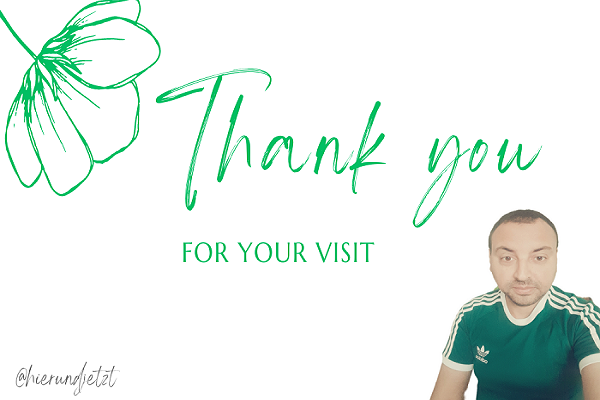What weighs heaviest on our shoulders? This persistent guilt that almost never leaves us, spinning in our minds like a constant background noise. I believe that many of us suffer from this overwhelming, burdensome, and chronic feeling of guilt. It’s a true mental prison, and it's time to break free.
Guilt keeps us captive, dependent on external expectations and judgments. It locks us into an invisible servitude, leading us into a form of blind allegiance to societal norms, sometimes senseless ones. Without realizing it, guilt dictates our actions, and even though this feeling may sometimes seem legitimate, it often drives us toward self-destructive behaviors.
In this article, I want to talk about the insidious effects of guilt.

First, it’s important to clarify that guilt is completely human when it’s justified, for example, after truly committing a wrongdoing. In these cases, guilt is temporary and allows us to correct our actions. But where it becomes problematic is when this guilt has no basis.
When this feeling of unjustified guilt becomes omnipresent, it makes us vulnerable. We end up making decisions not for our true interests, but to temporarily ease this burden. In the long run, this repetitive pattern paralyzes our decision-making, pushing us into inaction out of fear of making mistakes or worsening a situation.
This paralysis leads us to sacrifice our own needs to avoid the fear of failure. Guilt has always been used as a weapon of submission, driving people to make choices under pressure. Even today, certain ideologies exploit this feeling to maintain systems of control.
We need to rethink this unjustified guilt, because often, we haven’t done anything wrong. This feeling provides only a temporary illusion of redemption. In reality, it pushes us to adopt submissive behaviors, prompting us to meet the expectations of others, even when they are unjustified.
Guilt also affects our ability to set healthy boundaries in our relationships. It makes us believe that saying “no” is an act of selfishness or cruelty. This creates a fear of being seen as a bad person, driving us to give in to others' demands, even at the expense of our own well-being.
Setting boundaries becomes a reprehensible act when guilt is omnipresent. We end up accepting situations that go against our best interests, believing that protecting our well-being is selfish. However, this pattern traps us in an endless cycle of sacrifice, distancing us from our true aspirations.
Yet, it is possible to break this pattern. It requires courage and determination, but it’s a necessary step to regain our freedom and sovereignty. Acting out of guilt keeps us stuck in the status quo, and it’s essential to redirect our choices toward what brings us inner peace.
The road to freedom isn’t easy, but it’s necessary. Let’s be brave and choose to break this cycle of submission to regain control of our lives.
And what do you think? Leave your thoughts on the subject in the comments. Take care and see you soon!
